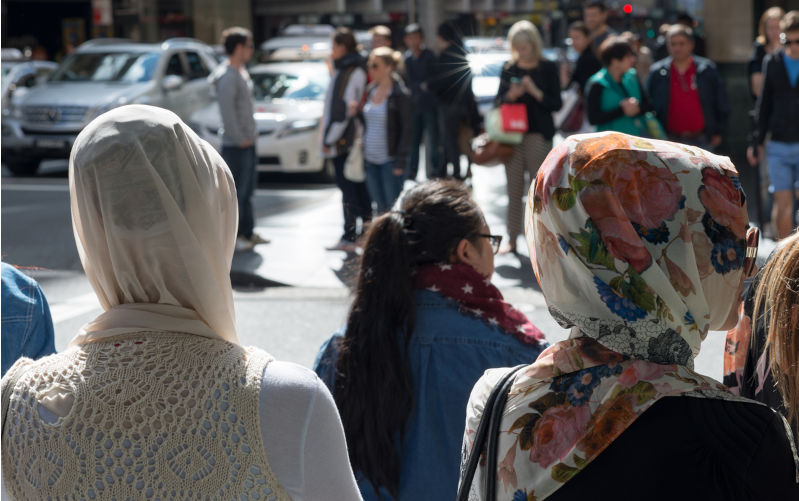The upcoming federal election can potentially mark a significant milestone in Australia’s political landscape, reflecting the increasing shift away from the two-major parties and the impact of Muslim voters in key Labor seats.
The next election will signal an important shift for Australia’s Muslim voters. As the Albanese government’s handling of the Gaza conflict and the dramatic departure of Senator Fatima Payman from the ALP, has woken up the Muslim conscience.
The broad consensus among the diverse Muslim communities is that both the Labor Party and the Liberal Party have taken Muslim voters for granted and are not genuinely concerned with representing their views. It took the Israeli-Palestinian conflict to expose this.
Many political commentators are asking whether Muslim voters could make a difference in the upcoming federal elections. If a poll were taken today, it would likely show a significant drop in traditional Muslim support for Labor. While it’s too early to predict the exact impact, the possibility of a hung parliament means that a sizeable Muslim vote in key seats could have unprecedented influence.
Australian Muslims constitute approximately 4% of the total population, with the majority residing in Sydney and Melbourne (around 80%). Based on the ABS 2021 Census data, which reported the Muslim population at approximately 800,000, it is now projected that by next year, in 2025, the Muslim community will reach a significant milestone of 1 million in Australia. Let that sink in for a moment. One million Muslim Australians.
The two key internal demographics within Muslim communities to watch are the youth, specifically Gen Z, and women. Since the war on Gaza, these groups have been the most vocal and active, driven by a deep sense of social justice. It is worth noting that Australia’s Muslim population is relatively young, with approximately two-thirds (67%) being under the age of 35, compared to 46.5% for the general population. (ABS Census 2021)
The ten-month-long war on Gaza is undoubtedly a major factor influencing many voters, both Muslim and non-Muslim. Consequently, Muslim voters will seek candidates who show genuine concern for the plight of Palestinians and are likely to opt for non-mainstream candidates.
These concerns are likely to motivate many pro-human rights individuals from diverse backgrounds to run for office, especially given the prevailing sense of apathy and disenfranchisement with both the Labor and Liberal parties. Aspiring Muslim candidates should be careful not to concentrate exclusively on the Gaza issue; instead, would be wise to develop a broader platform that addresses a variety of pressing concerns, including the cost of living, climate change, environmental issues, the energy crisis, and housing affordability, among others.
A record number of Muslims, especially young voters, are expected to register with the AEC for the first time and shift their support away from the two major parties. This shift is likely to benefit independents and The Greens. As a result, we can anticipate highly competitive and dynamic election campaigns, where fresh candidates can galvanise local constituencies by standing on an overtly pro-human rights, anti-war platform. Such candidates could disrupt the status quo in their electorates and significantly impact the overall election outcome.
The current political landscape reveals that Labor is at risk of losing votes to the Greens, while teal independents will continue to target traditionally safe Liberal seats. Both Labor and Liberal parties have seen declining support in recent years, a trend expected to continue. Securing a government with a substantial majority appears increasingly unlikely, with narrow marginal seats becoming the norm, safe seats a thing of the past, and hung parliaments becoming more commonplace.
Nothing like an upcoming election to instil political panic about losing one’s seat and potentially not forming a government, compelling current politicians to pay serious attention to Muslim voter concerns.

Nail Aykan
Nail Aykan is a respected leader within multicultural and multifaith communities with a strong record of active engagement in the social cohesion space. He served as the Executive Director of the Islamic Council of Victoria (ICV) for eight years.
